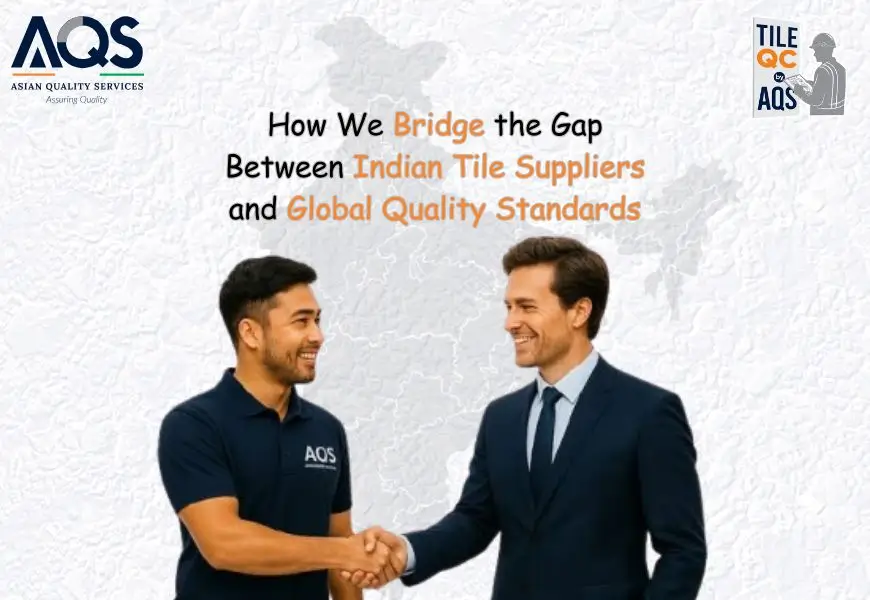
The formation of India’s tile industry as a powerful player in global exports has grown exponentially, offering an immense range of designs, finishes, and price levels. Regions like Morbi, Gujarat, are now some of the largest tile producers in the world, supplying tiles to markets in Europe, the Middle East, North America, and beyond.
This growth expanded opportunities for buyers worldwide, but it also created a consistent challenge of aligning local manufacturing practices to the demanding standards of international markets.
This is where a professional tile inspector becomes important. The inspector serves as a link between Indian suppliers and global buyers, and they take on responsibilities beyond looking for visible defects. They inspect when tile is about to be shipped and make sure that before the goods leave they have met the technical specifications, durability requirements, and aesthetic requirements of the market it is being shipped to.
Understanding the Gap

The difference between Indian tile suppliers and global standards generally centers on differences in quality standards, measuring systems, and compliance systems. While many Indian manufacturers are producing high-quality products, every so often, what they manufacture is not the same quality from batch to batch because of differences in their raw materials, firing process, or finish.
Global markets, on the contrary, demand consistency and conformity regarding everything from thickness tolerances and water absorption rates to colour uniformity and surface flatness. Even simple variations will result in failed conformance tests, returns, or reputational loss.
In the absence of professional guidance, buyers risk accepting tiles that appear visually acceptable at the time of inspection but are unacceptable when subjected to the verified, yet installed, performance standard.
The Role of a Professional Tile Inspector
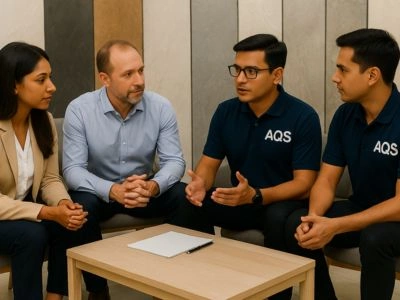
A professional tile inspector physically goes to the manufacturer and inspects the tiles throughout production. The country is vast and tile is produced every moment, at various times of day and in many colors, shapes, sizes, and formats. The inspector looks at the dimensions, shade differences, and performance factors, including slip resistance, moisture absorption percentage, as well as tests each aspect, and paperwork.
More importantly, they understand both sides of the equation: the production realities of Indian suppliers, and the exacting expectations of global buyers. This comprehensive approach allows them to translate technical requirements into executable instructions to the factory so that quality objectives can be met on time, without delay.
Tiles QC in India: Protecting Quality from Factory to Port
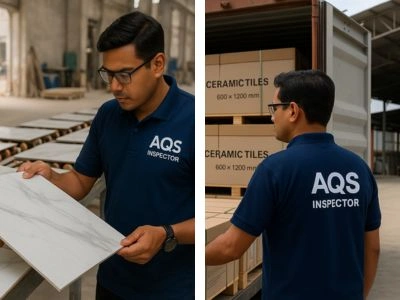
Tiles QC in India isn't just the identification of defects at the end of the manufacturing process. The best quality control will include inspections at the early stages, in-process checks, and final pre-shipment checks. This keeps mistakes from going undetected (and costing the buyer money) and ensures that the final shipment meets the buyer's exact specifications for items ordered.
If defects such as surface pinholes, warping, or such are seen very early in the production process, changes to the material mixes, firing temperatures etc, can be made before even the entire batch is wasted. For suppliers and buyers, this type of quality assurance saves not only time but also the supplier/buyer relationship from possibly avoidable disagreement.
Also read: How Consulting Services Can Improve Your Tile Import Business
Bridging Communication and Cultural Gaps
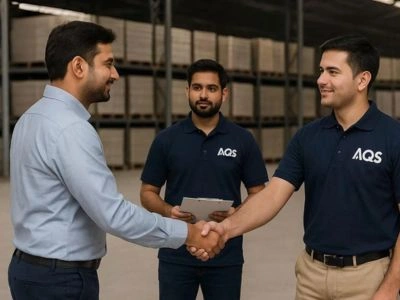
When working with suppliers from India, there can be a difference in language, business practices, and industry lingo. This can lead to misunderstandings over what sometimes seem like minor details (like what ' inch' or 'shade' means).
Companies like Asian Quality Services are going to help mitigate the risk of any misunderstanding by helping navigate the use of different languages and culturally aware coordination. Their inspectors communicate technical specifications clearly to factories while keeping the buyers informed through transparent, photo-documented reports. Their role as a translator and mediator also ensures that both parties understand what the quality expectations are and that they are satisfied, as both parties think they were met.
Aligning with International Compliance
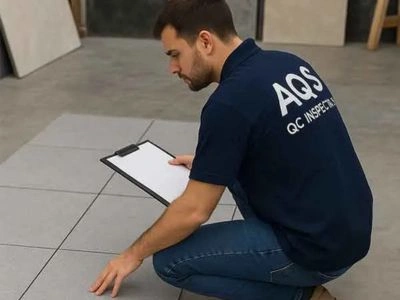
Different export markets may be compliant according to different parameters. For instance, European customers might care about frost-resistant tiles, while customers in the Middle East may care about low water absorption tiles for hot climates. Any adequately trained tile inspector can use their experience correcting inspection checklists in terms of the regulations of the destination market, ensuring that there is no closure or delay in clearing customs.
If inspections were set to a target benchmark, Indian producers could be self-credible, whereas worldwide buyers could be confident that their product would perform as advertised.
Conclusion
Successfully managing to close the gap between Indian manufacturing and global quality expectations is vital in the current competitive tile export market if you are looking for genuine long-term outcomes. Professional tiles QC in India is the mechanism that can provide oversight, assistance, and communication to facilitate this closure.
With the assistance of a knowledgeable partner like Asian Quality Services, both supplier and importer will experience improved working relations, fewer disputes, faster approvals, and more reliable, high-quality products over a stronger supply chain, and one that will consistently deliver tiles that are worthy of any global showroom!
